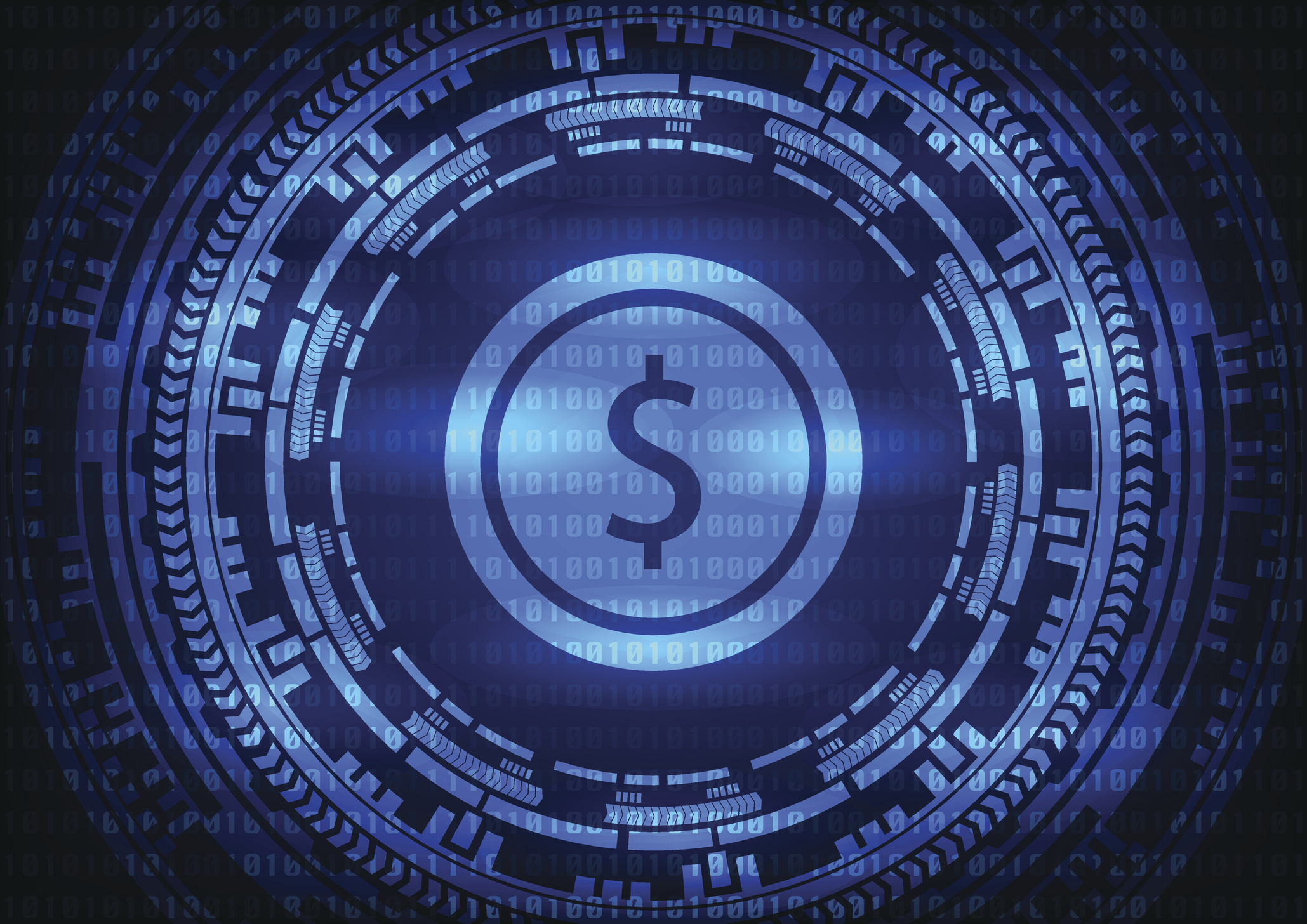
Cryptocurrency
The Motley Fool
"Tokenized" Stocks Are Breaking Down Barriers. Here's What Investors Need to Know.
Why This Matters
Modern stock trading still runs on systems that were designed when every phone had a cord. Robinhood's (HOOD 0. 24%) new tokenized stock gram, which rolled out to its European...
July 23, 2025
01:19 PM
6 min read
AI Enhanced
Positive
FinancialBooklet Analysis
AI-powered insights based on this specific article
Key Insights
- Financial sector news can impact lending conditions and capital availability for businesses
Questions to Consider
- Could this financial sector news affect lending conditions and capital availability?
Stay Ahead of the Market
Get weekly insights into market shifts, investment opportunities, and financial analysis delivered to your inbox.
No spam, unsubscribe anytime